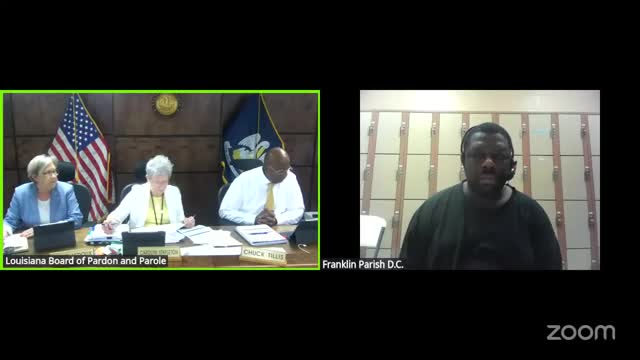Article not found
This article is no longer available. But don't worry—we've gathered other articles that discuss the same topic.
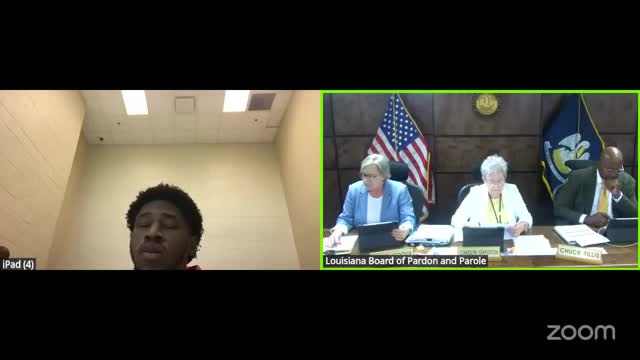
Panel revokes Yarrow Brazil’s parole for failure to report and registration noncompliance
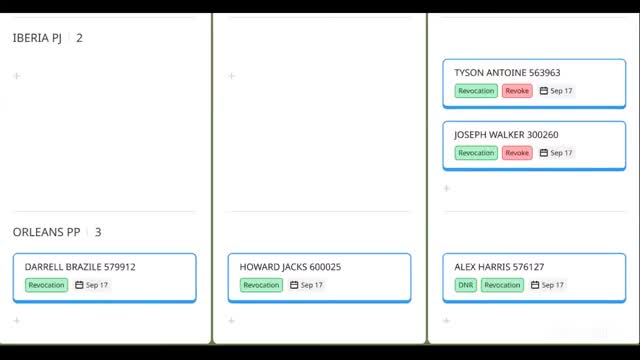
Howard Jacks not revoked but ordered to have no contact with alleged victim
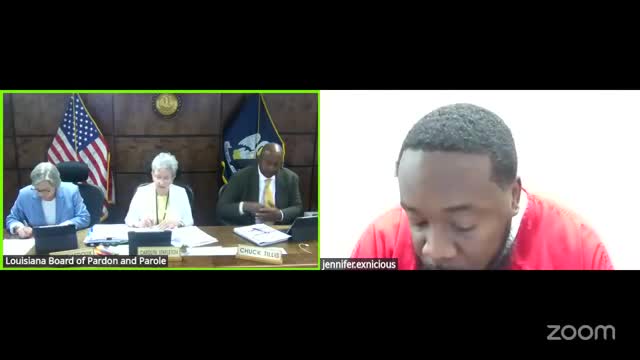
Panel splits on Alex Harris shooting allegations; parole not revoked
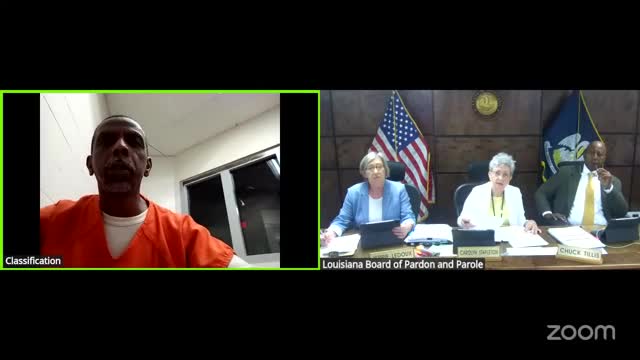
Joseph Walker pleads guilty to OUI and parole revoked by panel
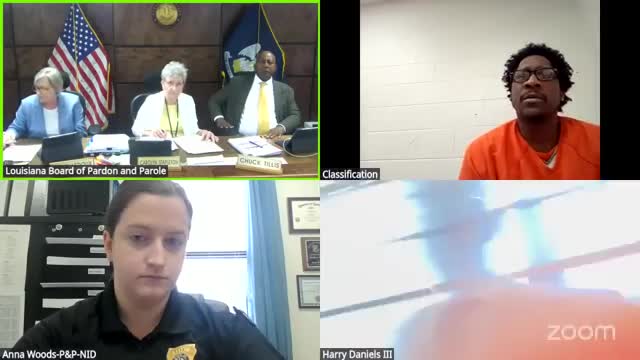
Parole revoked for Tyson Antoine amid multiple pending violent and weapons charges
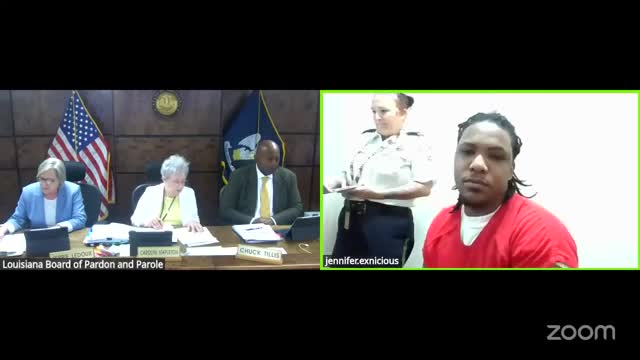
Dwayne Sheldon’s parole revoked after indictment for second‑degree murder returned
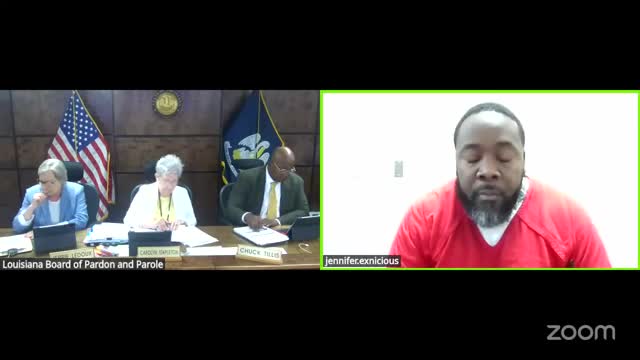
Panel revokes Kentrell Lewis's parole over multiple registration, reporting and pending charges
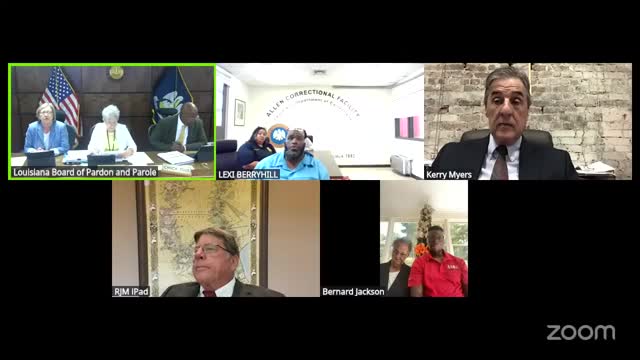
Parole granted to Tonka Haynes with Louisiana Parole Project supervision
